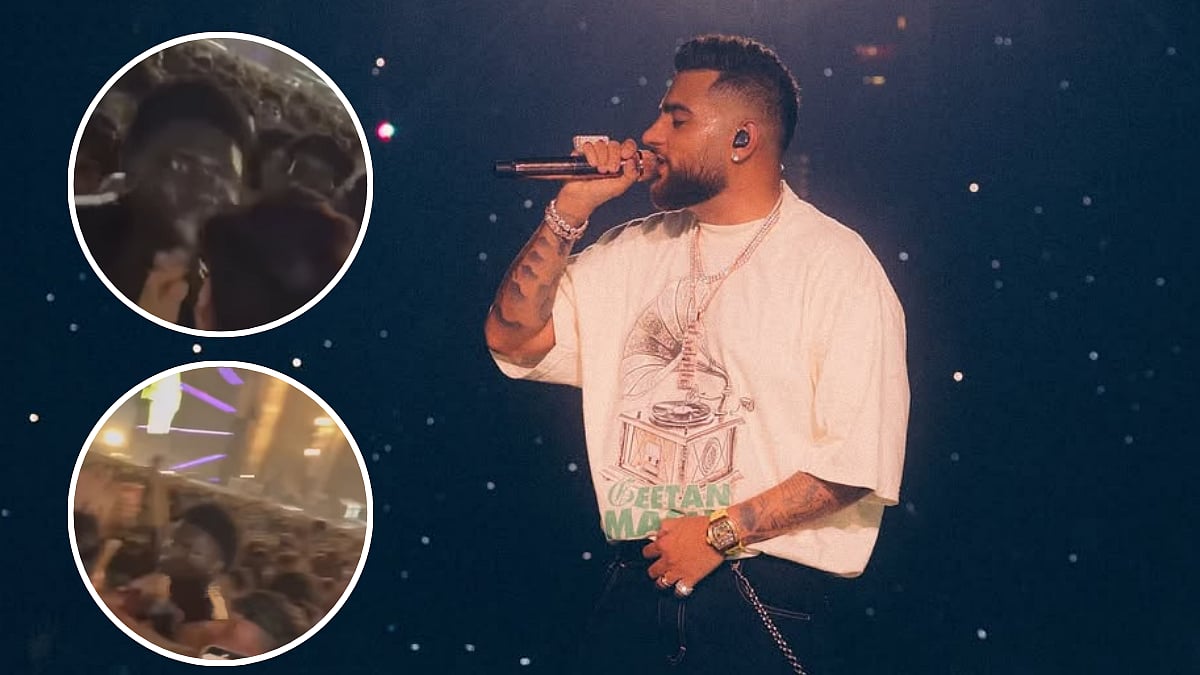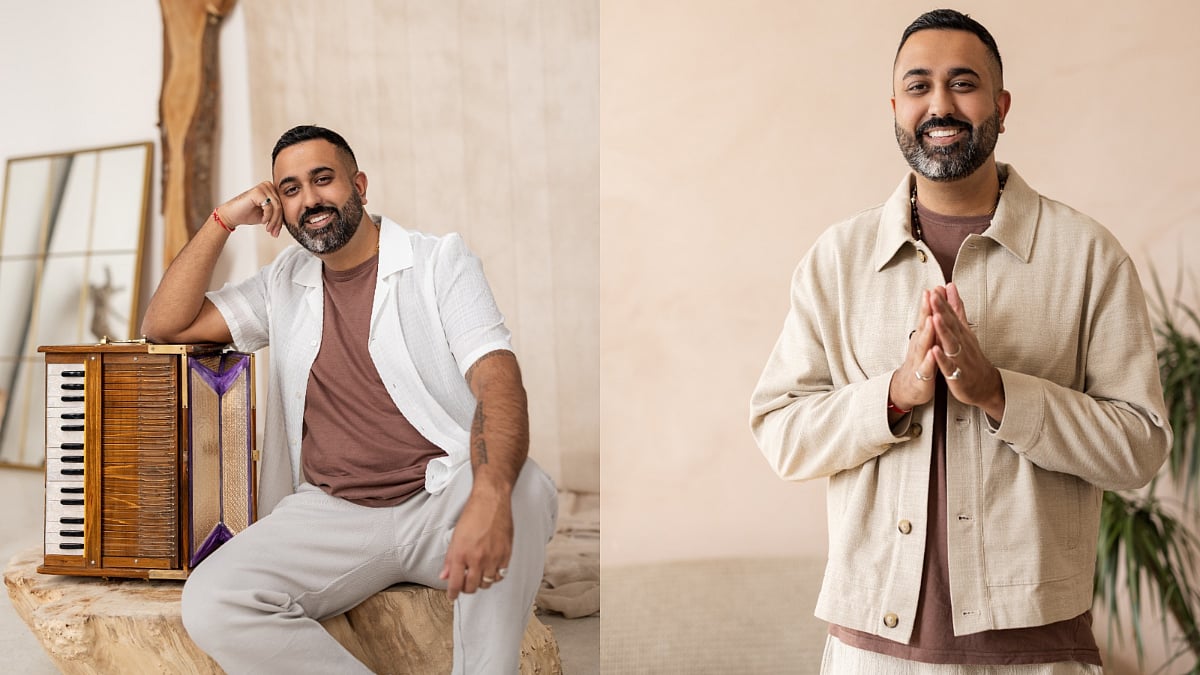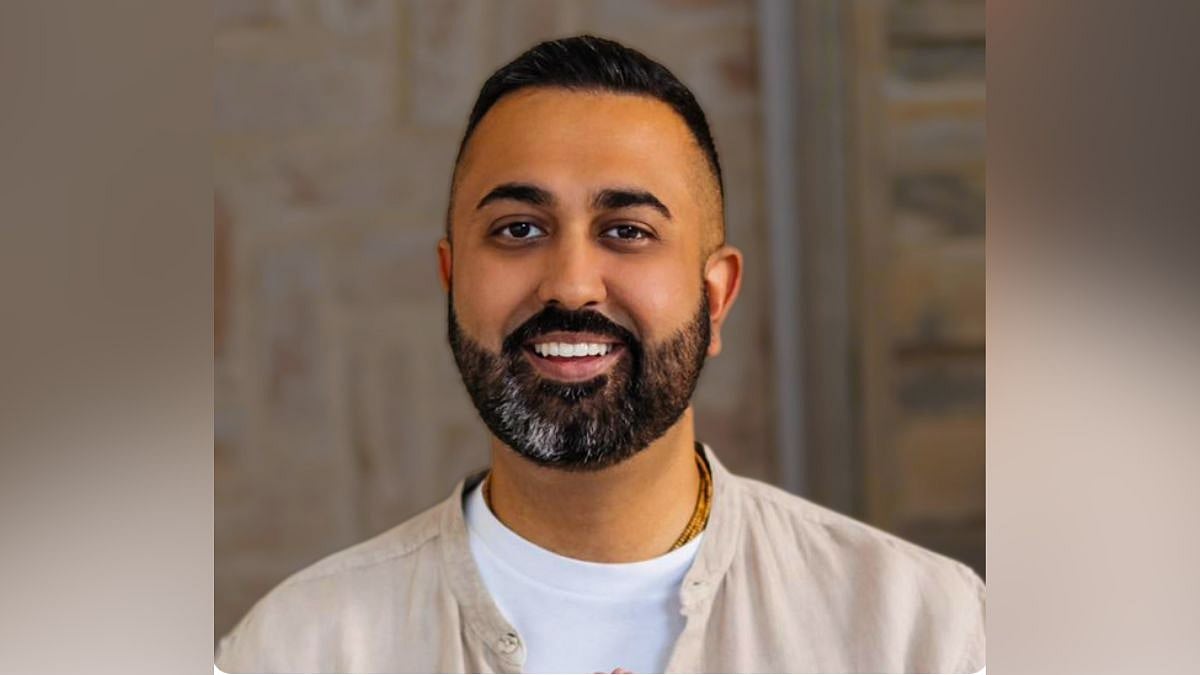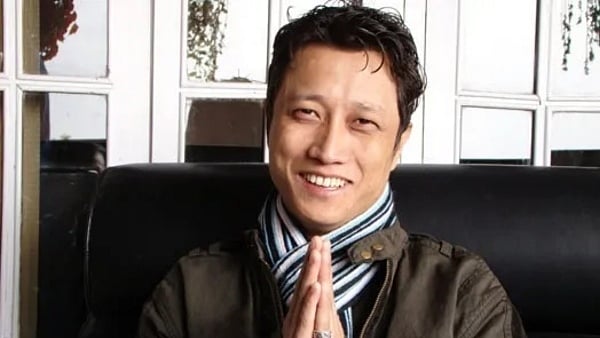Ahead of his Mumbai concert, the UK-based kirtan artist shares how chanting became his calling and why young audiences are finding their rhythm in devotion.
As Mumbai gears up for a soulful evening of sacred chants and devotional rhythm, Radhika Das, one of the most recognised voices in the global bhakti movement, is set to perform live at NESCO on November 29. Known for his deeply immersive kirtan sessions that blend music, meditation, and mindfulness, Radhika has touched hearts across continents. In this candid conversation, he opens up about his journey from discovering kirtan to making it his life’s purpose, and why the new generation is turning towards spiritual soundscapes for peace and connection.
Q: What was the turning point or inner calling that led you to choose kirtan as your life path, especially when most artists today pursue mainstream music genres?
The turning point wasn’t dramatic, it was quiet. I walked into a kirtan one evening and felt something inside me soften and awaken at the same time. It felt like I’d finally come home to myself. Mainstream music excites the mind, but kirtan touched my soul. I realised that if music could heal me this deeply, then maybe it could heal others too. From that moment, choosing kirtan wasn’t a career decision, it was an inner calling, a commitment to service.
Q: Kirtan is deeply emotional and spiritual. How has it shaped your lifestyle, discipline, and personal evolution over the years?
Kirtan has shaped everything: my discipline, my relationships, my sense of purpose.
It has made me more introspective, more patient, and more grounded.
My day begins with mantra meditation, reading scripture, and some quiet reflection. Over the years, chanting has become like my internal compass, helping me navigate highs and lows with a little more humility, a little more courage, and a lot more faith.

Q: You are set to perform in India, the birthplace of the bhakti tradition. What emotions or expectations do you carry with you as you bring your music here?
Performing in India feels like returning sacred sound to its home.
There’s a sweetness here, an emotional familiarity, that I don’t feel anywhere else.
I arrive with no expectations, only gratitude. Gratitude to chant the names of the Divine in the land where devotion has lived for thousands of years. And gratitude to share that experience with young people who are rediscovering it in their own modern way.
Q: Kirtan is witnessing a revival globally, especially among younger audiences seeking meaning beyond material success. Why is this music resonating so strongly with Gen Z and millennials today?
Because this generation is tired of being overstimulated and under-nourished.
They’re scrolling endlessly but longing for something that feels real.
Kirtan gives them community without judgement, expression without performance, spirituality without rigidity and peace without escapism.
It’s a place where they can breathe, cry, dance, let go and feel held. That’s why it’s resonating so deeply.
Q: From Krishna Das to traditional temple musicians and contemporary devotional artists, who have been your biggest artistic and spiritual influences?
Spiritually, my biggest influence has been His Holiness Sacinandana Swami and the Bhakti tradition itself. Artistically, I’ve been shaped by many: Krishna Das, Madhava Das, Jai Uttal, Jahnavi Harrison, Gaura Vani, and countless temple kirtaniyas in Vrindavan whose names the world may never know but whose devotion is unforgettable.
Q: For many, kirtan is not just music but meditation. What message would you like audiences, especially first-timers, to take away from your India tour?
That you don’t need to know the mantras or the philosophy to feel their power.
Just come with an open heart. Let the sound move you. Let the vibration do the work. Kirtan isn’t about performance; it’s about presence. If someone walks away feeling lighter, more connected, or simply more themselves, then the music has done its job.
As Radhika Das prepares to take the stage at NESCO, Mumbai, his message remains simple yet profound, music can be a bridge between the heart and the higher self. In a world that often races ahead, his kirtans invite us to pause, listen, and simply be. On November 29, Mumbai will have the chance to experience that stillness in sound.










